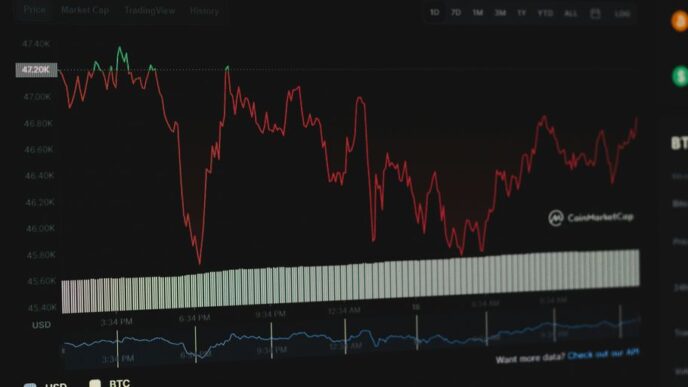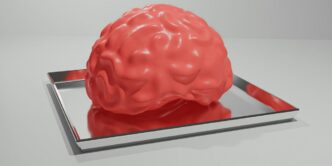Introduction
Artificial Intelligence (AI) has emerged as a transformative force in various fields, reshaping the way we approach problems, make decisions, and conduct research. From healthcare to finance, transportation to education, AI is driving innovation and efficiency, and this article will explore how AI is making waves across diverse domains.
- Healthcare: AI is revolutionizing healthcare through applications like diagnostic imaging, drug discovery, and personalized medicine. AI-powered tools can analyze medical images, detect anomalies, and predict patient outcomes, leading to faster and more accurate diagnoses. Additionally, AI-driven algorithms can assist in drug development, screening compounds, and identifying potential treatments for various diseases. Personalized medicine, guided by AI, tailors treatments to individual genetic and medical profiles, optimizing patient care.
- Finance: The financial industry relies on AI for risk assessment, fraud detection, algorithmic trading, and customer service. AI models can analyze vast datasets to predict market trends and make investment decisions. They also play a critical role in identifying fraudulent transactions and safeguarding financial systems. Chatbots and virtual assistants powered by AI enhance customer interactions and streamline services, making financial operations more efficient.
- Transportation: The future of transportation is deeply intertwined with AI. Autonomous vehicles, guided by AI algorithms and sensors, promise safer and more efficient roadways. AI also optimizes traffic management, reducing congestion and fuel consumption. Furthermore, AI in logistics improves supply chain operations, optimizing routes, reducing delivery times, and minimizing costs.
- Education: AI is reshaping education through personalized learning experiences. AI-driven systems analyze individual student performance and adapt coursework to suit their learning styles and needs. Educational chatbots assist students with questions and tasks, making learning more engaging and accessible. Additionally, AI tools can assess and grade assignments and tests, freeing up educators’ time for more valuable interactions with students.
- Retail: AI enhances the retail experience through personalization, inventory management, and supply chain optimization. Recommendation algorithms provide customers with tailored product suggestions, while AI-driven chatbots assist with customer inquiries. Inventory management systems use AI to predict demand and optimize stock levels. In stores, cashier-less checkout systems powered by AI streamline the shopping process.
- Energy: AI plays a significant role in energy conservation and management. Smart grids use AI to balance energy supply and demand efficiently. Predictive maintenance in the energy sector prevents equipment breakdowns, reducing downtime and costs. AI also assists in the development of cleaner and more sustainable energy sources.
- Entertainment: AI contributes to the entertainment industry by creating realistic special effects in films, optimizing content recommendations on streaming platforms, and enabling virtual characters and avatars in video games. AI is also used in music and art, with algorithms that generate original compositions and artwork.
- Agriculture: AI-driven precision agriculture optimizes crop management, from planting and fertilizing to irrigation and pest control. Drones and sensors collect data about soil and crop conditions, allowing farmers to make data-driven decisions to maximize yields and reduce resource usage.
- Security: AI enhances security through facial recognition, behavioral analysis, and threat detection. It aids in identifying potential security risks at airports, stadiums, and public events. AI also plays a role in cybersecurity, identifying and mitigating threats and vulnerabilities.
- Environmental Conservation: AI is utilized in environmental monitoring, such as tracking deforestation, managing wildlife populations, and assessing climate change. Machine learning models process extensive environmental data, aiding scientists in making informed decisions and predictions.
Conclusion
Artificial Intelligence has permeated nearly every facet of our lives, revolutionizing diverse fields in ways that were once unimaginable. Its ability to analyze data, make predictions, and learn from experience is making a profound impact on sectors as wide-ranging as healthcare, finance, transportation, education, retail, energy, entertainment, agriculture, security, and environmental conservation. As AI continues to evolve and expand its applications, it promises to drive further innovation, enhance efficiency, and contribute to the betterment of society in countless ways. The journey of AI is far from over, and its potential to shape our future remains boundless.













